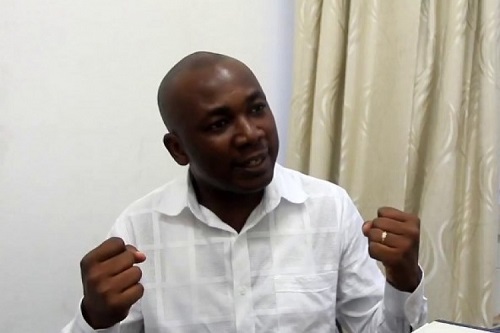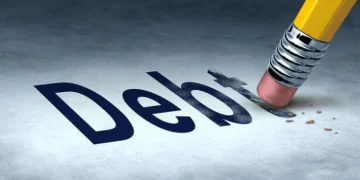Prof. Bokpin Faults Ghana’s Budget Framework for Rewarding SOE Underperformance
Professor of Finance and Economics at the University of Ghana, Godfred Bokpin, has criticised Ghana’s budgetary framework, arguing that it enables state-owned enterprises (SOEs) to underperform without consequence while draining public finances.
Speaking in an interview on Monday, September 1, during discussions on the 2024 State Ownership Report (SOR) by the State Interests and Governance Authority (SIGA), Prof. Bokpin said the government consistently subsidises SOEs irrespective of performance.
“It’s more of the same. There’s no incentive to do well and better. This country has accepted this poor performance and we reward it adequately,” he remarked.
According to him, the national budget routinely allocates funds under “other expenditure” to support SOEs, including transfers to cover energy sector shortfalls, in addition to revenues generated from their operations. He noted that such subsidies reduce pressure on SOEs to operate efficiently.
Inefficiencies, he added, are ultimately borne by citizens through levies such as the Energy Sector Levy (ESLA) and the recently introduced one-cedi fuel levy. “If you look at the kind of incentive mechanism we’ve put in place, really there’s very little motivation to do well because there are no punishments linked to poor performance, and nobody gets sacked,” he stressed.
Political patronage and rising costs
The professor further contended that many SOEs have become instruments of political patronage. “If you lift the veil, you realise that some of these SOEs have become the medium through which politicians reward political financiers and party loyalists. That weakens our ability to demand efficiency from them,” he said.
He pointed to the steady rise in “other expenditure” allocations in the national budget, which increased from GHS23.7 billion in 2023 to GHS27.7 billion in 2024, and further to GHS33.6 billion in 2025—figures higher than capital expenditure allocations.
Prof. Bokpin also claimed that some SOE executives enjoy greater remuneration packages than cabinet ministers, with less public scrutiny. “It is sometimes better to be a CEO of some of these SOEs or a senior person in those organisations than being a sector minister because of the reward mechanisms and the less monitoring by citizens and the media,” he observed.
On cost management, he questioned the rising administrative expenses of SOEs compared to private firms in similar industries. “Even though the SIGA report says there have been gains in operational efficiency, if you do sector comparisons where there are relevant private companies, you will see inefficiency that is ultimately passed on to the taxpayer,” he added.
The 2024 State Ownership Report highlighted both gains and persistent risks in SOE performance, with total revenue increasing by 28.3% to GHS133.68 billion, but net losses widening to GHS9.67 billion due to high finance costs.








